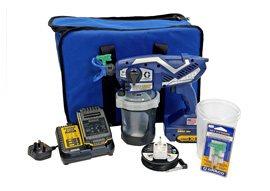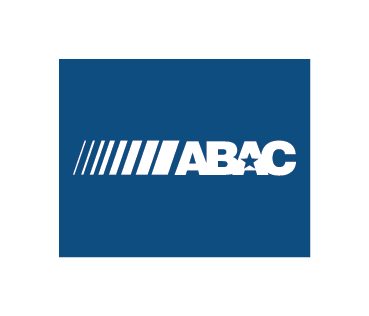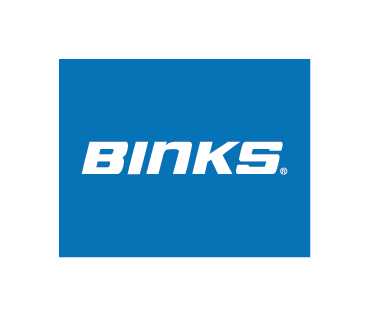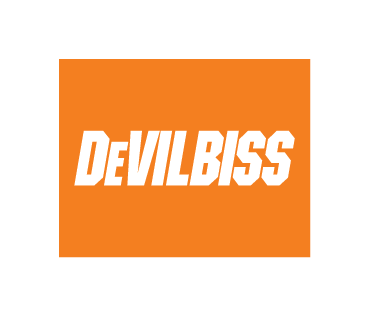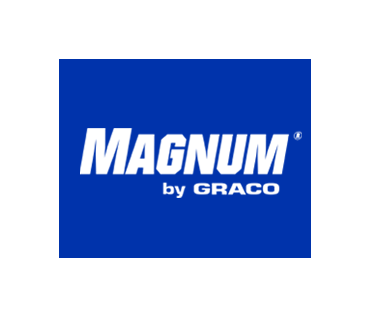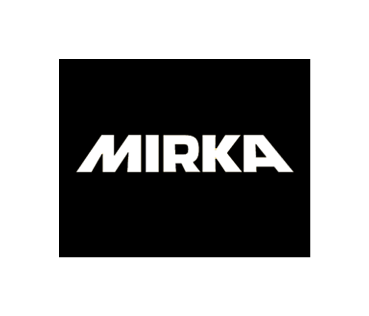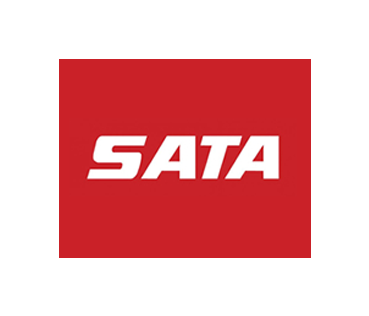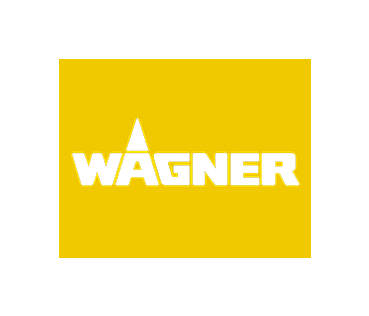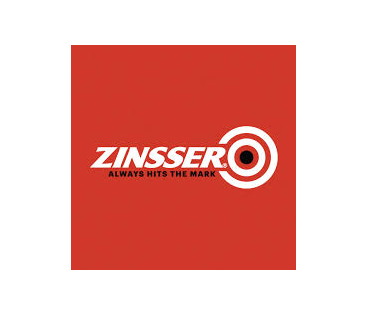Low Level Extraction Units
Our low-level extraction units are built with an external height of 995mm and an 800mm depth. Each unit comes with a belt driven axial fan, DOL starter and Andreae Starter Filter. Premium filters are available on request and bespoke sizes are available upon request.
Ducting to suit all applications can also be supplied, fitting directly to the fan output. The design and costing for ducting can be provided at the time of order and delivered directly to site if required. Fan options such as ATEX can be quoted upon request.
Due to the inherent design of the fan, consideration may be required to manage noise levels in the working environment. Silencers are available for quoting upon request.
All our spray booths meet with BS EN16985:2018 as a minimum in terms of construction and extraction.
All spraybooths will arrive 'flat packed' and will require assembly. If you choose to purchase ducting this will need to be cut, fitted and sealed to suit your application. The straight spiral ducting is supplied in 3m lengths. One length of 3m spiral ducting is included in all the ducting options with the exception of Option 9, additional lengths and couplers are available on request. If the ducting is not purchased all booths will come with a spigot flange adapter to enable you to fit standard ducting at the size detailed in the product specification
2 Stage Filter
2 stage filter should be chosen when a spraybooth is to be installed in a non-industrial or sensitive environmental area. A secondary synthetic filter media (PST290) should be used as a secondary filter after a primary overspray filter such as a Binks cardboard concertina filter. The secondary filter is designed to capture fine particulate to protect ducting and fans prior to air discharge and reduce the chances of carryover into the greater environment
Ducting
The Environmental Protection Act states that extract ductwork from a spraybooth should discharge in a vertical direction and goes on to say "In order to ensure dispersion is not impaired by either low exit velocity at the point of discharge, or deflection of the discharge, a cap, or other restriction, should not be used at the stack exit".
We would, therefore not recommend a horizontal discharge, however it can be supplied on the understanding that you (the client) take full responsibility for this choice and have carried out your own risk assessments.

